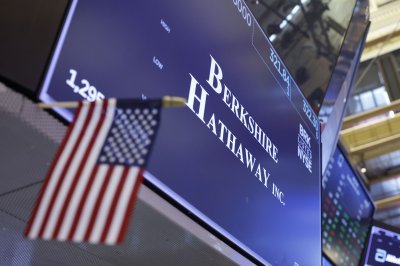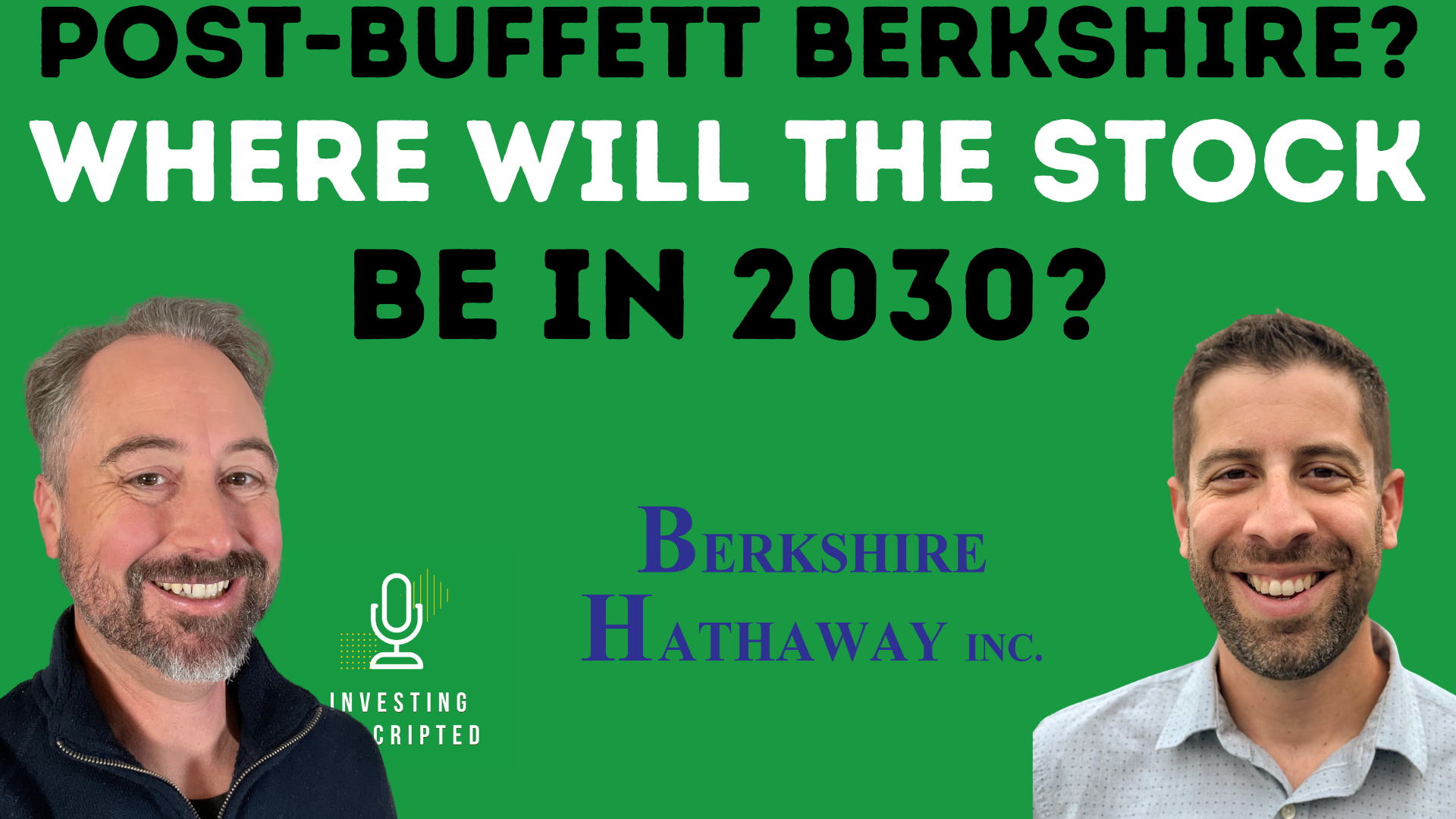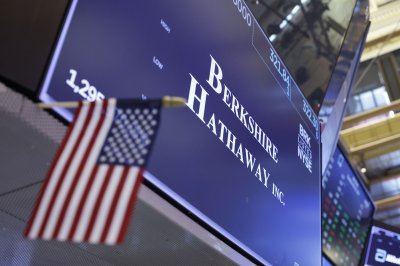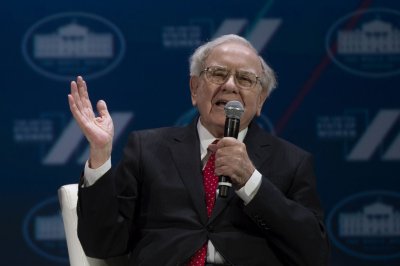The Oracle of Omaha’s Berkshire Hathaway is buying into troubled UnitedHealth.
For decades, UnitedHealth Group (UNH -0.40%) could do no wrong. The company raised its dividend by an exceptional 7,266% from 2010 to 2025, while shares rose as much as 1,700% during this run.
But shares have fallen roughly 40% year to date as the company faces a host of problems, from the murder of Brian Thompson, CEO of major business segment UnitedHealthcare, to federal investigations into allegedly fraudulent Medicare billing practices.
Nonetheless, shares surged 12% on Aug. 14 after filings revealed Berkshire Hathaway had bought over 5 million shares.
Berkshire’s move was seen as a major vote of confidence in the stock — and investors joined a stampede to follow Warren Buffett into the trade. Should you?

Image source: Getty Images.
Big growth potential for all segments
UnitedHealth operates through four segments. Its UnitedHealthcare segment provides consumer-oriented health benefit plans and services for employers. Optum Health provides healthcare management and financial services, while Optum Insight offers data analysis tools, consulting, and tech solutions to healthcare providers. Optum Rx is a direct-to-consumer platform offering pharmacy services and 190 million prescriptions per year to U.S. homes.
In its second-quarter report on July 29, the company reported quarterly revenue of $111.6 billion, up roughly 13% from the year-ago period. The trouble is with margins. For UnitedHealthcare, the biggest segment, operating margin fell from 6.2% in Q1 2025 to 2.4% last quarter. Combined, margin for the three Optum segments fell from 6.1% in Q1 2025 to 4.6% in Q2.
These declines are steep enough that, even with revenue on the upswing, earnings fell from $9.1 billion in Q1 2025 to $5.2 billion last quarter.
Rising medical costs are the chief headwind. In the July earnings report, new CEO Stephen Hensley acknowledged that UNH “significantly underestimated the accelerating medical trend,” and medical costs totaled $6.5 billion more than anticipated.
But management is under no such illusions now. They’re taking actions to boost efficiency and cut waste, from stepping up audits of clinical policy and payment integrity tools, to scaling artificial intelligence (AI) efforts to improve provider and patient experiences while driving down costs. Implementation of AI technologies is part of initiatives the company hopes can deliver almost $1 billion in cost reductions. Perhaps most significantly, the company is raising premiums after saying it underpriced Medicare Advantage plans in 2025.
In the meantime, each of these segments could grow significantly in the years ahead. UnitedHealthcare Employer & Individual just rolled out services in its 30th state, while Optum Rx’s growth outlook is 5%-8% annually. Optum Insight is targeting operating margin of 18%-22%, while the 4.7 million patients receiving value-based care from OptumHealth represent only a fraction of the nearly 340 million Americans who could fall under its 100-plus health plans.
It’s not just Berkshire buying
Berkshire Hathaway’s move in UnitedHealth is getting headlines. But billionaire David Tepper also scooped up 2.3 million shares, while Michael Burry of The Big Short fame bought 350,000 call options on the stock in a bet that shares would rise.
In addition, BlackRock, the world’s biggest asset manager, bought over 1 million shares last quarter. Goldman Sachs bought over 1.1 million shares, while Renaissance Technologies (the fabled fund that achieved an average annual return of 66% for decades) bought over 1.35 million.
As for management, Stephen Hensley invested $25 million just days after becoming CEO, while the company’s CFO bought another $5 million worth in shares. All told, the insider buying of UNH stock outweighed insider selling by a nearly 4:1 margin last quarter.
As the investing legend Peter Lynch observed, insiders can sell for many reasons unrelated to a stock. But they buy for only one: They think shares will go up.
Why UnitedHealth is a buy for retail investors, too
Berkshire officials haven’t commented publicly on their rationale for buying UnitedHealthcare, but it’s possible to speculate on their reasons.
Warren Buffett has called cash flow the most important metric in assessing a business’s potential. In a 2000 letter to shareholders, he wrote that dividend yield, the price-to-earnings ratio, book value, and even growth rates “have nothing to do with valuation except to the extent they provide clues to the amount and timing of cash flows into and from the business.”
Positive cash flow shows the company can cover its obligations, return money to shareholders, and potentially pursue growth and expansion. After floundering in 2024, UnitedHealth’s trailing-12-month operating cash flow has rebounded to $29 billion compared to $24.2 billion at the end of last year.
And if price-to-earnings, dividend yield, and growth rates are only background clues to cash flow, these metrics seem to bode well for UnitedHealth, too.
The company’s price-to-earnings ratio of 13.7 is cheap compared to the S&P 500,
with its average P/E ratio of around 26, while revenue growth of 13% year over year further fuels the bull case. Meanwhile, the company’s recent 5.2% dividend increase — its 15th consecutive annual payout hike — brings its yield to 2.8% as I write this, nearly triple the S&P 500 average.
For investors willing to take a long-term approach and be rewarded with rising income in the meantime, UnitedHealth is a buy.














